What does it mean to live a life of completeness? And how far must one go to understand the pain of others? Is change truly possible? This is the story that proves that it is. In what could be described as equal parts self-help book and a novelistic guide to spiritual awakening, Siddhartha has been hailed as prolific and unlike any other. Growing up, Siddhartha never experienced true pain. He was sheltered, as many are, turning a blind eye when the hardships of daily life made itself visible to the peasantry around him. Awakening from a hazy reverie that has shielded Siddhartha from the inevitable, he vows to make a change. With the hope of finding a deeper and resounding life's purpose, Siddhartha, a young man living in the ancient Indian kingdom of Kapilavastu, embarks on a journey of self-discovery and actualization. Accompanied by his best friend Govinda, the pair abandon the comfort of their old life by trading their material possessions for what they hope will be eternal enlightenment. Ridding themselves completely of the comforts of their previous life, the duo vow to a life of attempted purity. In a world where suffering is inevitable, Siddhartha hopes that by experiencing the pain so many face, only then will he find the true meaning of life. Siddhartha, written by German author Hermann Hesse in 1951, is a tale of self-discovery and spiritual awakening. The novel as a whole explores the totality of the human experience, of what it means to abandon the parameters of comfort and routine in search for a higher calling.
Hinweis: Dieser Artikel kann nur an eine deutsche Lieferadresse ausgeliefert werden.
Hinweis: Dieser Artikel kann nur an eine deutsche Lieferadresse ausgeliefert werden.

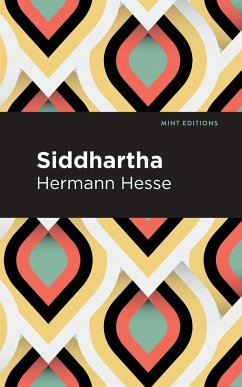
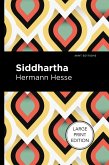
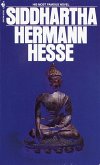
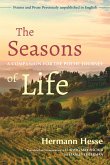
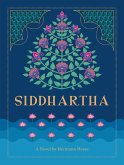

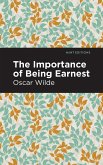

gretwidm.jpg)